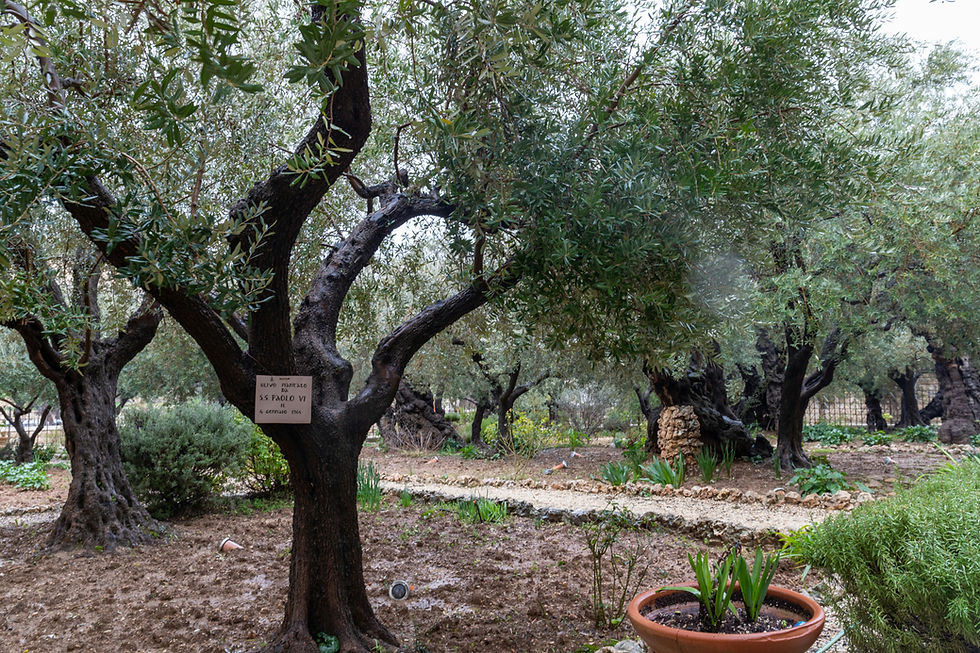The Church & Change
- JCGR

- Apr 29, 2022
- 3 min read

“There is an appointed time for everything. And there is a time for every event under heaven”[1]
The book of Ecclesiastes points readers to consider that life is anything but stagnant and unchanging. We must be confronted with the truth that everything about us shifts, changes, and resettles in all earnest. Couple the constant change around us with the desire or need to maintain the status quo around us, and we have the perfect recipe for conflict. This is exceedingly resonant in the local church. Communities change, people move or die, but the local church decides to remain stuck in the “good old days.”
“When He said, “A new covenant,” He has made the first obsolete. But whatever is becoming obsolete and growing old is ready to disappear.”[2]
The local church was never meant to idolize “golden days.” Local churches are represented and referred to in the New Testament as the localities reflective of their community’s makeup while being transformational elements of the Kingdom of Heaven. That means the local church must be centered on the Word of God, focused on the Great Commandment and the Great Commission, and must be about living out sanctification as a lifestyle. Now the temptation is to make church a local country club, or a social hangout, while we neglect the transforming power of the resurrected Christ within the disciples gathering together.
The idolization of the good old days looks like reluctance to move for the sake of a current power structure that takes power away from the “good and faithful” in the congregation. It seems like fear of how the assembly might change because the community members are not like the group from years or decades ago. It may also look like resentment for the discontinuation of old traditions that new disciples and community members do not know but are expected to embrace without question. Reluctance to change has the real potential of being an idol that looks like Gospel truth; nevertheless, only the Gospel lived out in the community is Gospel truth transforming communities.

“This is My commandment, that you love one another, just as I have loved you. Greater love has no one than this, that one lay down his life for his friends.”[3]
God himself is the proposed cure for fear of change, the inevitable change happening around us, and the uncertainty of the future. The important relational aspect that holds God’s people together (the local church) is the love of God. Dear reader, putting aside any selfish notion of power, authority, or claim to any role or influence, the only binding element that overcomes challenges in the local church is God’s love. By that, Scripture means more than sheer sentimentalism or passion for a ministry, movement, or work that we may do. The love God speaks of is sacrificial, willful love that makes up its mind and makes it the priority over all else. The best case study and example is the death, burial, and resurrection of the Lord Jesus Christ as the standard of love for humanity.
As you consider the local church, your role within its fellowship, and your response to the changes around you, I encourage you to surrender whatever selfish ambitions and false priorities and be transformed to the core by God’s love and grace. Can you imagine what will happen when the local church does not react in fear and selfishness but responds in deep love and trust of the God who knows and holds the future? What is your move?
[1] New American Standard Bible: 1995 update (Ec 3:1). (1995). The Lockman Foundation. [2] New American Standard Bible: 1995 update (Heb 8:13). (1995). The Lockman Foundation. [3] New American Standard Bible: 1995 update (Jn 15:12–13). (1995). The Lockman Foundation.




Comments